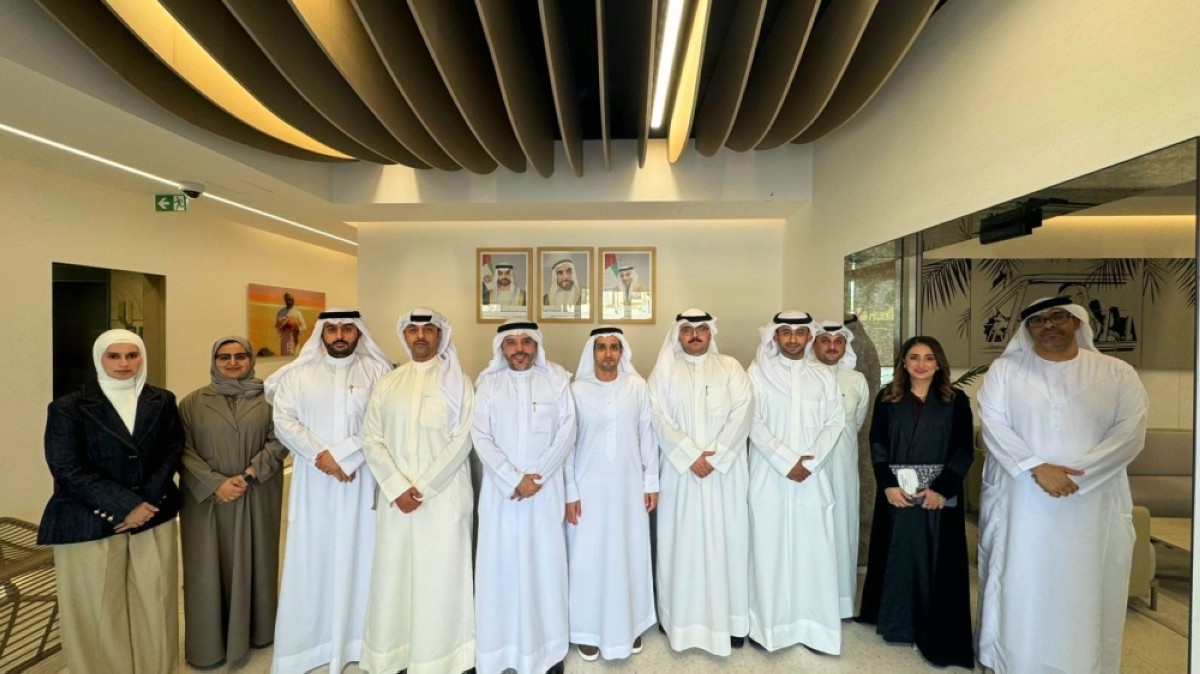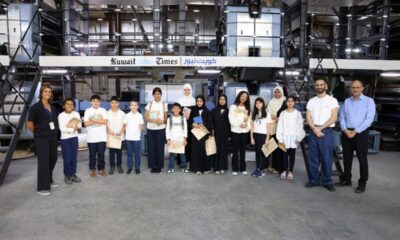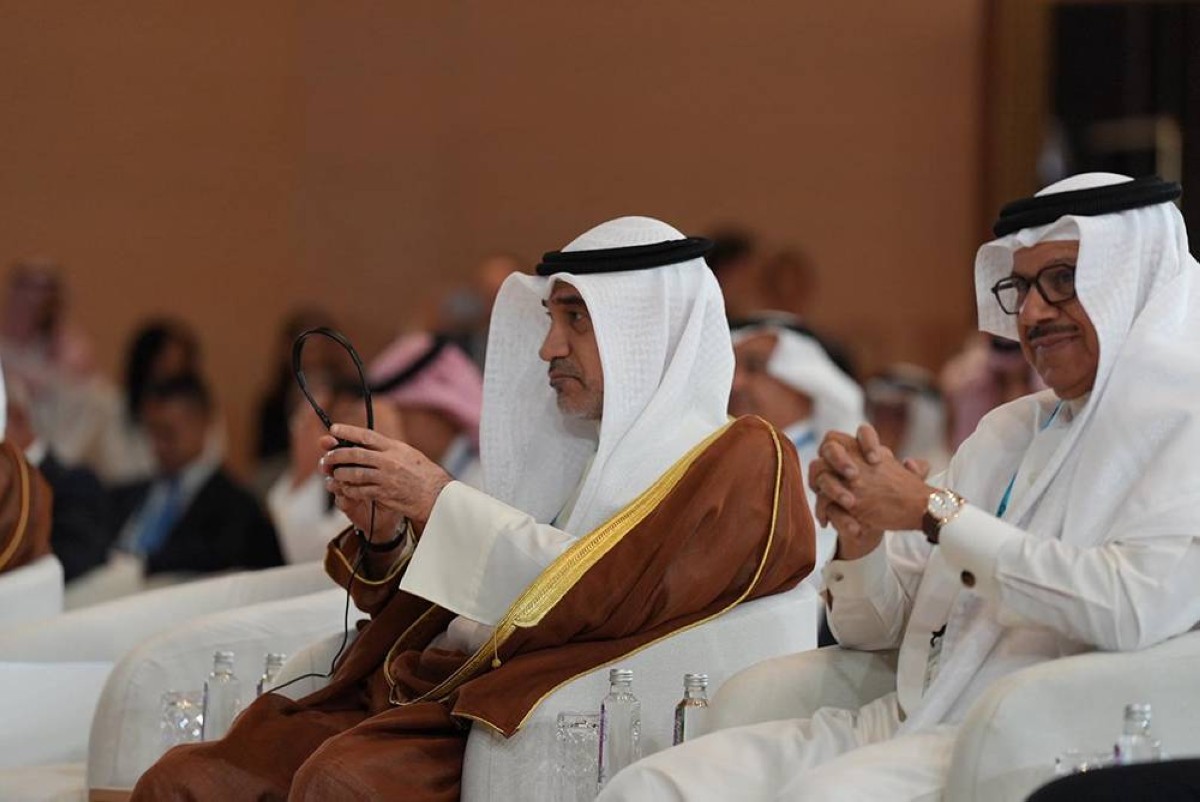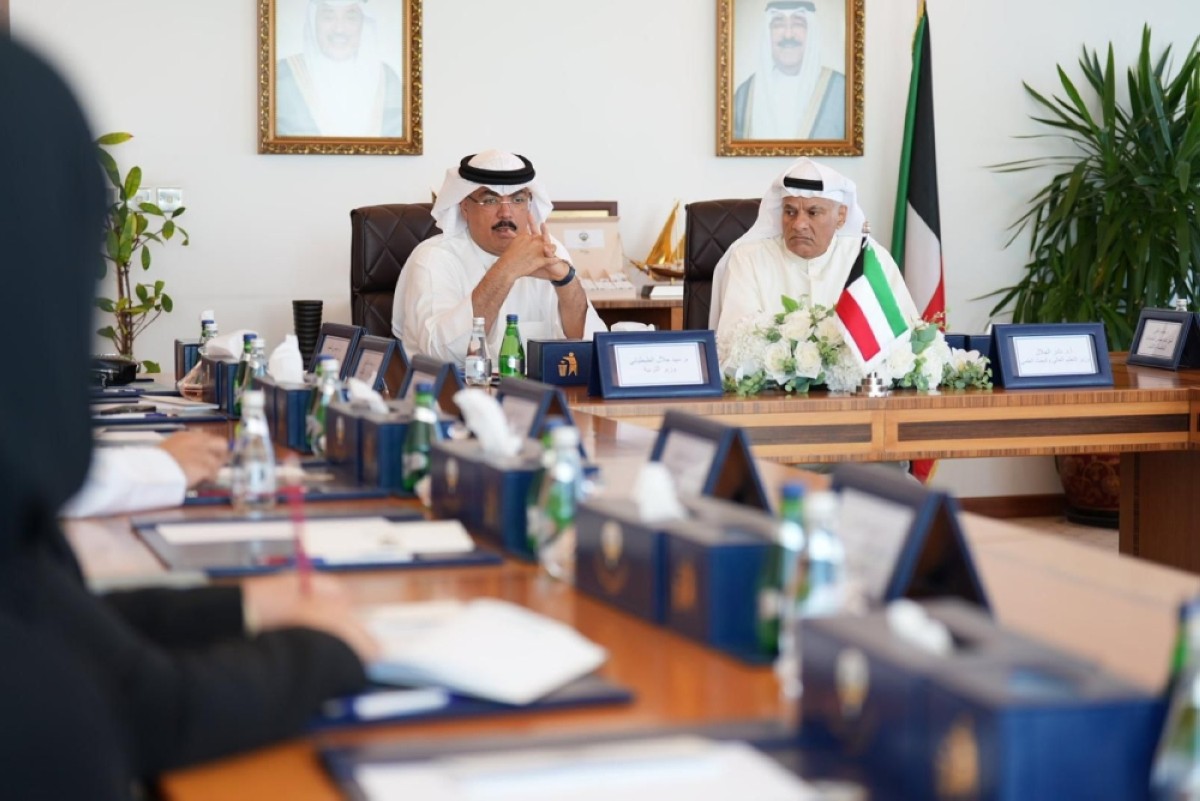ABU DHABI/RIYADH: A delegation from Kuwait’s Committee for Regulating Humanitarian and Charitable Work, led by Acting Undersecretary of the Ministry of Social Affairs Dr Khaled Al-Ajmi, visited the United Arab Emirates and Saudi Arabia this week to learn from their experience in charitable and humanitarian work. The visits are part of a series of several to GCC countries.
Chaired by First Deputy Prime Minister and Minister of Interior Sheikh Fahad Al-Yousef Saud Al-Sabah, the committee is responsible for reviewing and developing laws related to charitable and humanitarian work, enhancing governance, and regulating licensing and donations to improve the efficiency and mechanisms of charitable efforts in line with international best practices.
Sector overhaul
The visits come after Kuwait halted all charitable fundraising pending the rollout of stricter procedures to curb unauthorized donation campaigns. Licensed charities face penalties — from account suspension to full operational shutdown — if they violate the suspension. These measures build on early-2025 reforms, namely the introduction of a centralized aid-coordination platform, and on the dissolution of over 30 charities since November 2024. They also support Kuwait’s push to strengthen financial controls and align with FATF anti-money-laundering standards, safeguarding donor funds and preserving Kuwait’s global humanitarian standing.
Adapting successful practices
In Riyadh, the Kuwaiti delegation examined Saudi Arabia’s systems for humanitarian work, including integrated governance and oversight frameworks, transparency protocols and international trust-building measures. The delegation also held high-level meetings with Saudi officials to explore opportunities for cooperation, particularly in humanitarian and charitable fields and non-profit sector development.
In Abu Dhabi, Dr Al-Ajmi emphasized Kuwait’s intent to benefit from successful experiences and adapt inspiring practices to suit Kuwait’s local context, with the goal of enhancing its humanitarian work system and improving governance efficiency.
Documenting transfers
As part of the committee’s commitment to developing Kuwait’s charitable work system, the delegation visited several public and private institutions in the UAE, including the Ministry of Foreign Affairs, to understand financial governance mechanisms for charitable transfers.
They also toured the Mohamed bin Zayed Al Nahyan Foundation for Humanitarian Impact and the Khalifa bin Zayed Al Nahyan Foundation for Humanitarian Activities. “What the committee delegation witnessed during the visit reflects the UAE’s commitment to a modern, holistic approach to charitable and humanitarian work,” where digital solutions are integrated with humanitarian values, and institutions are managed under precise governance systems that ensure the sustainability and integrity of resources and a measurable impact on beneficiaries locally and globally, said Dr Al-Ajmi. The delegation also reviewed several operational practices from UAE institutions, including digital systems for tracking and documenting financial transfers, distributing aid, and measuring the impact of initiatives. — Agencies


 Latest News21 hours ago
Latest News21 hours ago
 Latest News23 hours ago
Latest News23 hours ago
 Politics7 hours ago
Politics7 hours ago
 Business14 hours ago
Business14 hours ago
 Latest News14 hours ago
Latest News14 hours ago
 Latest News12 hours ago
Latest News12 hours ago
 Politics3 hours ago
Politics3 hours ago
 Politics4 hours ago
Politics4 hours ago














